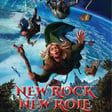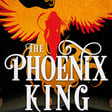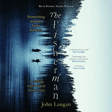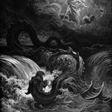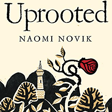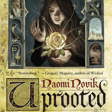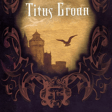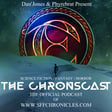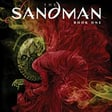
Lud In The Mist with Juliet E. McKenna
This month we're joined by the author fantasy author Juliet E. McKenna, creator of several epic series including The Tales of Einarinn, The Aldabreshin Compass sequence, The Chronicles of the Lescari Revolution, and The Hadrumal Crisis trilogy. Juliet talks to us about one of the very first examples of what we might term "modern fantasy" - Hope Mirrlees' 192 novel Lud In The Mist. Juliet and I talk about where Lud sits in the canon of fantasy - we compare it to Tolkien, for example, and Mervyn Peake's Gormenghast books, as well as other modernist literature from the post-WW1 years of the 1920s.
There is talk about borders, the liminal spaces between spaces, and the reconciliation of our own prejudices and biases, as well as of silly names and Mirrlees's "interesting" approach to worldbuilding. Juliet talks to us about her own writing experiences, with particular reference to English folklore, myth, and the countryside, which is prevalent throughout her work and none more so than her current Green Man cycle of novels and her forthcoming Arthurian novel The Cleaving. We also discuss fantasy emerging from other cultures and parts of the world, and how writers should approach the writing and representation of other cultures.
Elsewhere, The Judge takes a break from her advisory talks and gives her own opinion and analysis of Lud In The Mist, which places the idea of laws, frameworks, and legal structures at the heart of the novel. We have two writing challenge winners in Doug Van Aarten and Jo Zebedee. Lastly, to coincide with the 40th anniversary release of Star Trek II: The Wrath Of Khan, Captain Kirk is having trouble getting hold of the Division 4 football results, and lays the blame squarely on a certain green-blooded, pointy-eared crew member.
Next Month
In October we'll be joined by the author Steven Hall to discuss his smash hit debut novel The Raw Shark Texts.
Index
[00:00 - 43:53] Juliet E McKenna interview Part 1
[43:53 - 45:17] Voicemail 1
[45:17 - 1:01:13] The Judge's Corner
[1:01:13 - 1:02:24] Voicemail 2
[1:02:24 - 1:05:47] Writing Challenge Winners
[1:05:7 - 1:07:09] Voicemail 3
[1:07:09 - 1:48:55] Juliet E McKenna interview part 2
[1:48:55 - 1:51:01] Credits and close



